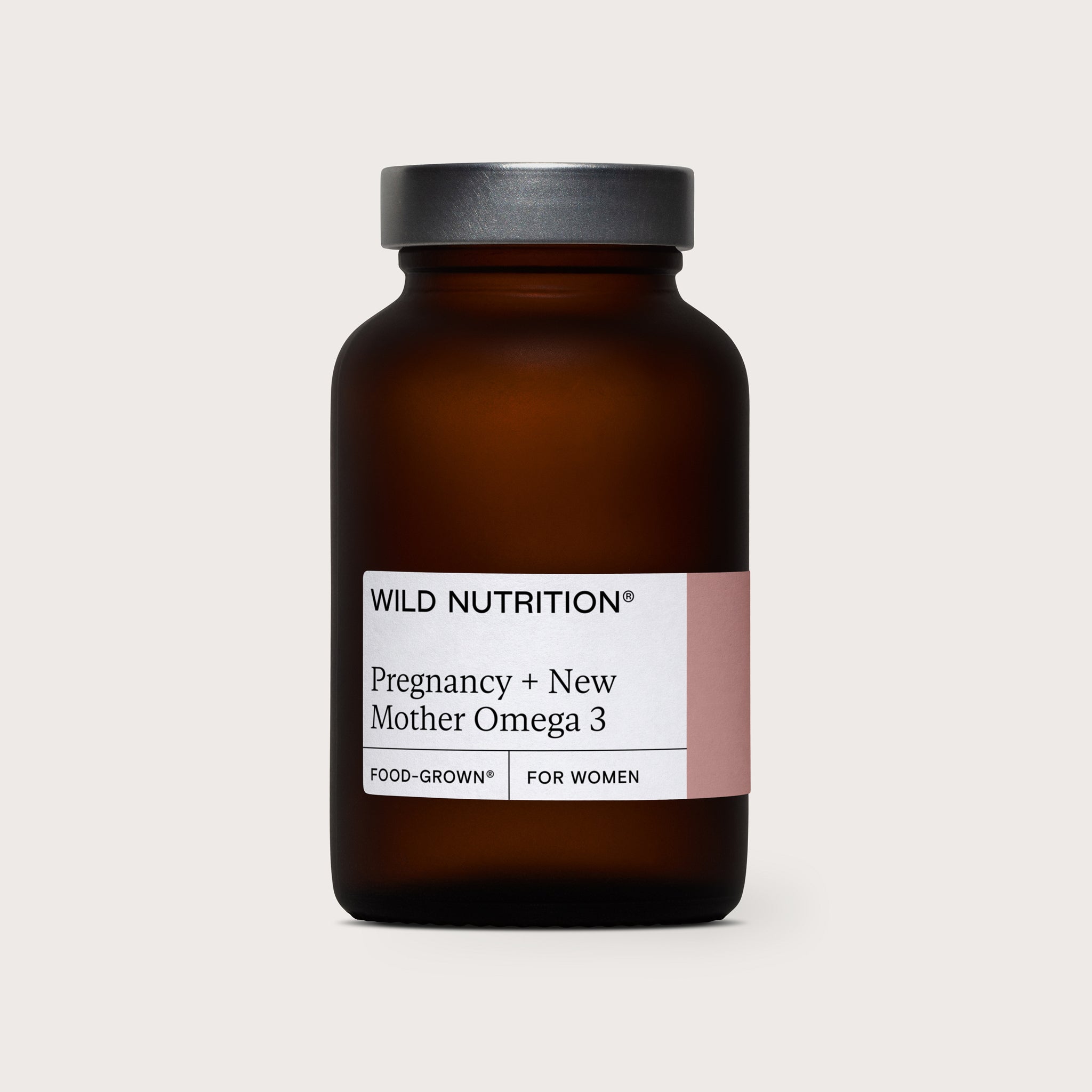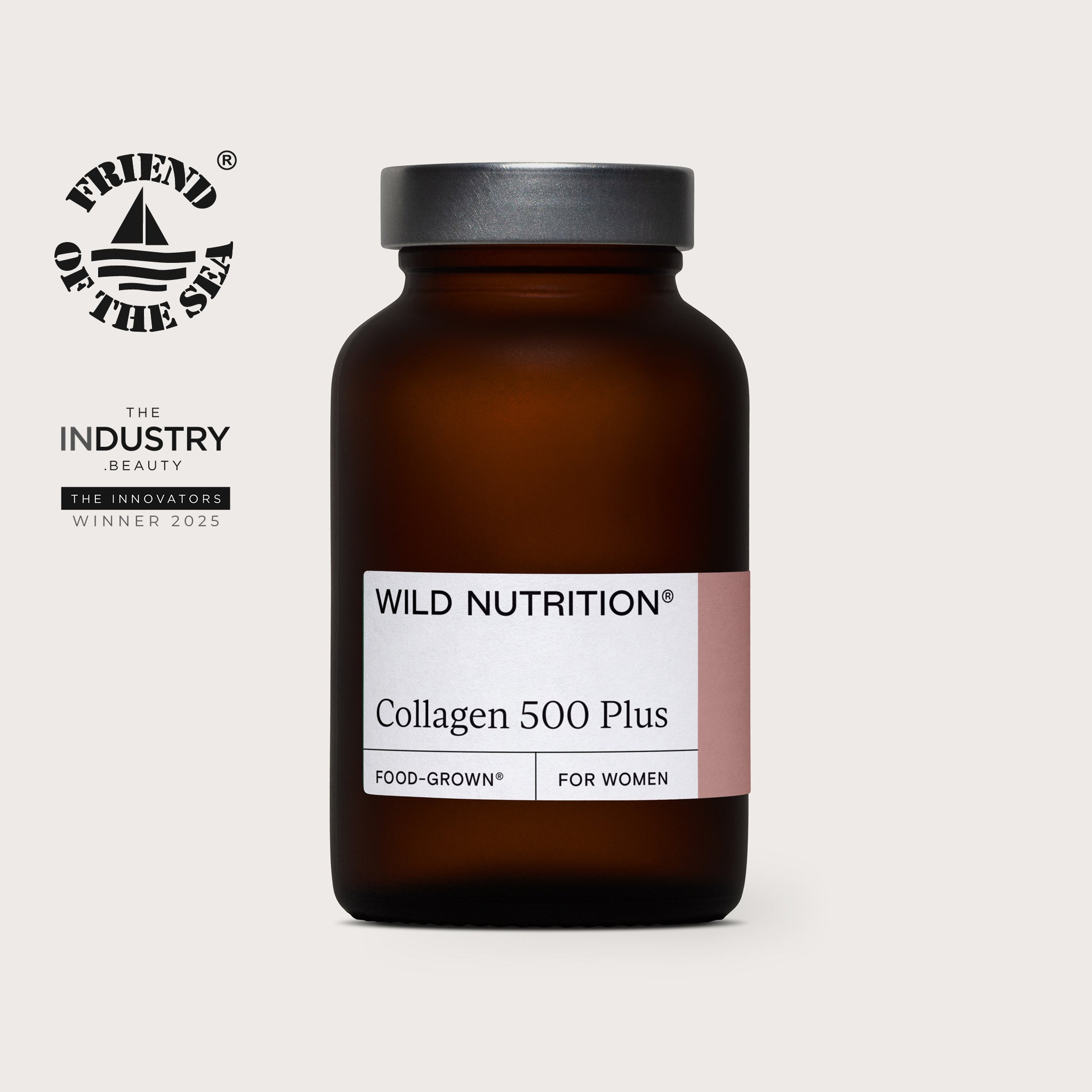
How to empower your menopause journey
BY ANNA LEE, Wellness Writer
Our message to every woman taking on menopause is this: you’re losing oestrogen, not your mind. Say ‘yes’ to a powerful transition, your way.
When our co-founder Henrietta Norton gathered a group of menopause pioneers together at our Wild Women event, the conversation was candid, the advice enlightening.
The key takeaways from the day? A woman’s perimenopause and menopause journey is undoubtedly individual, yet there are tried and trusted ways to take control of how your personal experience plays out.
Tuning into your body and recognising the signs early are both key to helping you prep for the changes coming your way, as is tweaking your approach to nutrition and self care, and knowing where to get support. Yet as far as we’ve come in the last few years, more women are fearing the menopause than in 2020 and in some cultures it’s still taboo, leaving women to find their way alone at a time when they should be empowered and connected. Perimenopause and menopause are a natural phase of life, not an illness, and that’s a conversation we’re determined to change.
“Perimenopause is your body’s way of shifting your full attention back onto your wellbeing,” says Henrietta Norton. “Everything you’ve always known about taking care of yourself – good sleep, a balanced diet, hydration, regular exercise – really comes into focus as you approach this life stage. It becomes so important to carve out time and space to reflect, to restore and to just take care of you.”
“It’s all about preparation”
When life’s busy and the load is heavy, tuning into your body can be easier said than done, so it’s little wonder that signs of perimenopause are often missed, or dismissed as being related to whatever else is going on around you.
Perimenopause starts way before you think it does, and having kids later in life can mean that you find yourself juggling family life and hormonal changes all at once, creating a ‘perfect storm’ of what feels like perennial fatigue.
“Tiredness, fatigue and psychological symptoms are the ones I see in my clinic with women in their late 30s and early 40s,” says Karen Newby, a nutritionist specialising in menopause and author of The Natural Menopause Method.
“In our late 30s and early 40s we’re not listening to our bodies because we’re looking after everyone else around us, and we’re putting these signs down to having young children in the house, or work. It’s the signs that happen around this time that we don’t associate with menopause because we always thought about menopause as the hot sweats, the aches and pains, and periods going out of whack, whereas actually menopause starts way before our cycles change.”
Like most of life’s big events, it’s all about preparation. You wouldn’t run a marathon in your slippers, so the sooner you start paving the way for your menopause journey, the better.
Know the signs. All 48 of them.
Perimenopause in particular is a much-misunderstood life stage, and during our research for The Future of Menopause Report we found that 18% of women had to visit their doctor six times before being confirmed as perimenopausal, so being able to point to the signs makes all the difference to getting the help you need.
So, what should you be looking out for? Changes in your body, skin, sleep, mood, energy, focus, anxiety levels and sex drive are all key signs that menopause could be on the agenda. And there’s more. In fact, GenM – the organisation behind the ‘MTick’ found on menopause-friendly products – has identified 48 signs associated with every stage of menopause. Since they’re not necessarily on your GP’s watch list (aren’t menopause isn’t mentioned alongside diabetes, blood pressure and drinking at the NHS 40+ health check), we encourage you to educate yourself, go to doctor’s appointments prepared and book a complimentary Perimenopause & Menopause consultation with one of our qualified nutritional therapists for more ways to manage your wellbeing.
The time to nourish yourself is now
After years of focusing on work, family and generally getting sh*t done, the changes happening during perimenopause and menopause can be the nudge we need to show ourselves a little bit more love. At the centre of it all is nutrition, so this is the time to switch up your diet and explore supplementation tailored to your life stage.
“Food was a game-changer for me,” says GenM’s Heather Jackson, who is post-menopausal and has tried every trick in the book. “We are nutritionally deficient, but no doctor asks you about your diet or exercise when you talk to them about menopause, HRT isn’t the silver bullet.”
From perimenopause onwards, it’s all about optimising your diet, so load up on Phytoestrogens via tofu and tempeh, increase your daily protein intake and add antioxidant-rich foods such as leafy green vegetables, omega-rich oily fish for skin and mushrooms such as Lion’s Mane to help ease brain fog.
“One of the biggest levers we can pull is nutrition,” agrees Karen Newby of the importance of diet during perimenopause and beyond. “Feeding yourself properly and taking the time to have a glass of water. Asking how can I help myself through food? It’s about nourishment and taking the time to fuel yourself and be mindful of what you’re eating.”
Discover inspiring recipes for menopause on our Wild Kitchen blog and find more advice to empower your journey in our Perimenopause and Menopause hub.
Step into your fearlessness
That women and society as a whole are having more, open conversations about menopause can only be a good thing, but an unfortunate side effect is an increase in the negative rhetoric, ranging from debilitating symptoms to divorce, so it comes as no surprise that a recent survey shows that more women are fearing menopause now than in 2020. Of course, menopause is rarely a walk in the park, yet it’s also a time of incredible empowerment, growth and liberation for many women, which should all be celebrated.
To find out more about perimenopause, how it affects your body and how to figure out if you’re in it, take a look at our Let’s Talk About Perimenopause blog.












